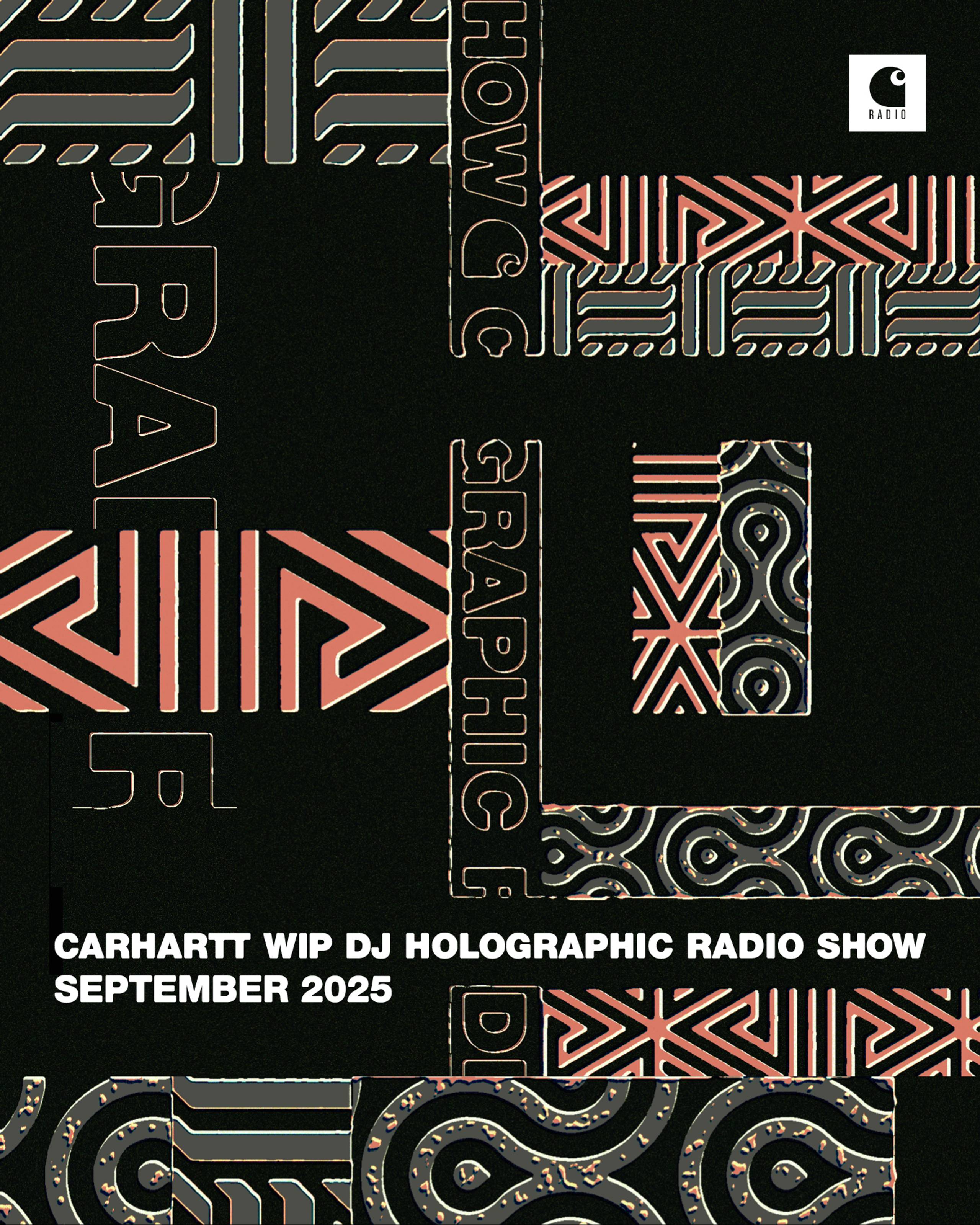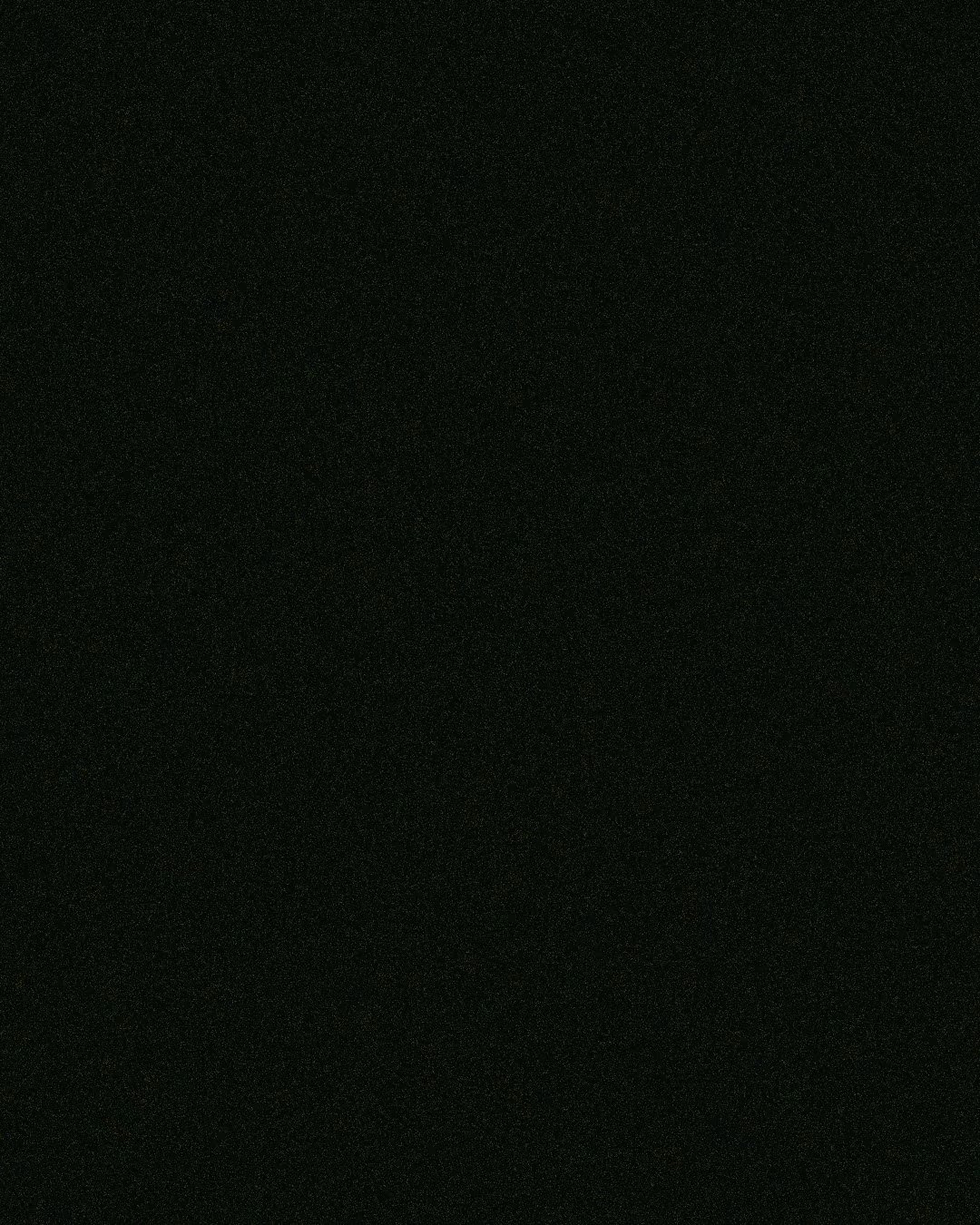

Artist Feature: DJ Holographic
“I think of music as architecture for the spirit,” says DJ Holographic. “I want my tracks to feel healing or a way to process what your soul is telling you.”
Previously described as a “one-woman funk machine,” Holographic’s sets draw from an array of genres, such as house, disco and, R&B, combining these with elements of techno and Motown, representative of her hometown, Detroit, where she has become a leading figure in its underground LGBTQ+ club scene. And while Holographic’s sets build on familiar genres, they are constructed to feel transformative, “building structures of sound where people can feel safe, liberated, connected,” she says. It’s an approach that has seen her captivate dancefloors at iconic venues, like London’s Fabric and Berlin’s Berghain.
In 2020, Holographic released her debut EP, titled "Parallel Shifting", via her own label Hitchhiker. It’s a name that suggests transience - much like the moniker Holographic, which was inspired by Star Trek - and nods to her intentions: to transport listeners to new sonic and spiritual planes. As with much of what Holographic does, there are also clear nods to the rich musical heritage of her city, where space exploration has been a recurring theme in the work of many of its electronic originators.
In 2021, she was invited by one of them, Carl Craig, to curate and mix Detroit Love Vol. 5. The release via Craig’s Planet E Communications also featured her original track "Faith in My Cup."
In 2025, Holographic unveiled her second label, Through the Veil, releasing a series of monthly tracks, each dedicated to a different zodiac sing, as she navigated personal grief and sought to use music as a tool for healing. This ambitious project culminated in the release of her LP, House In The Dark.
As ever, we sat down with this month’s host, discussing her journey to this point, how she handles the weight of her city’s musical legacy, and why she feels a responsibility to keep pushing forward.
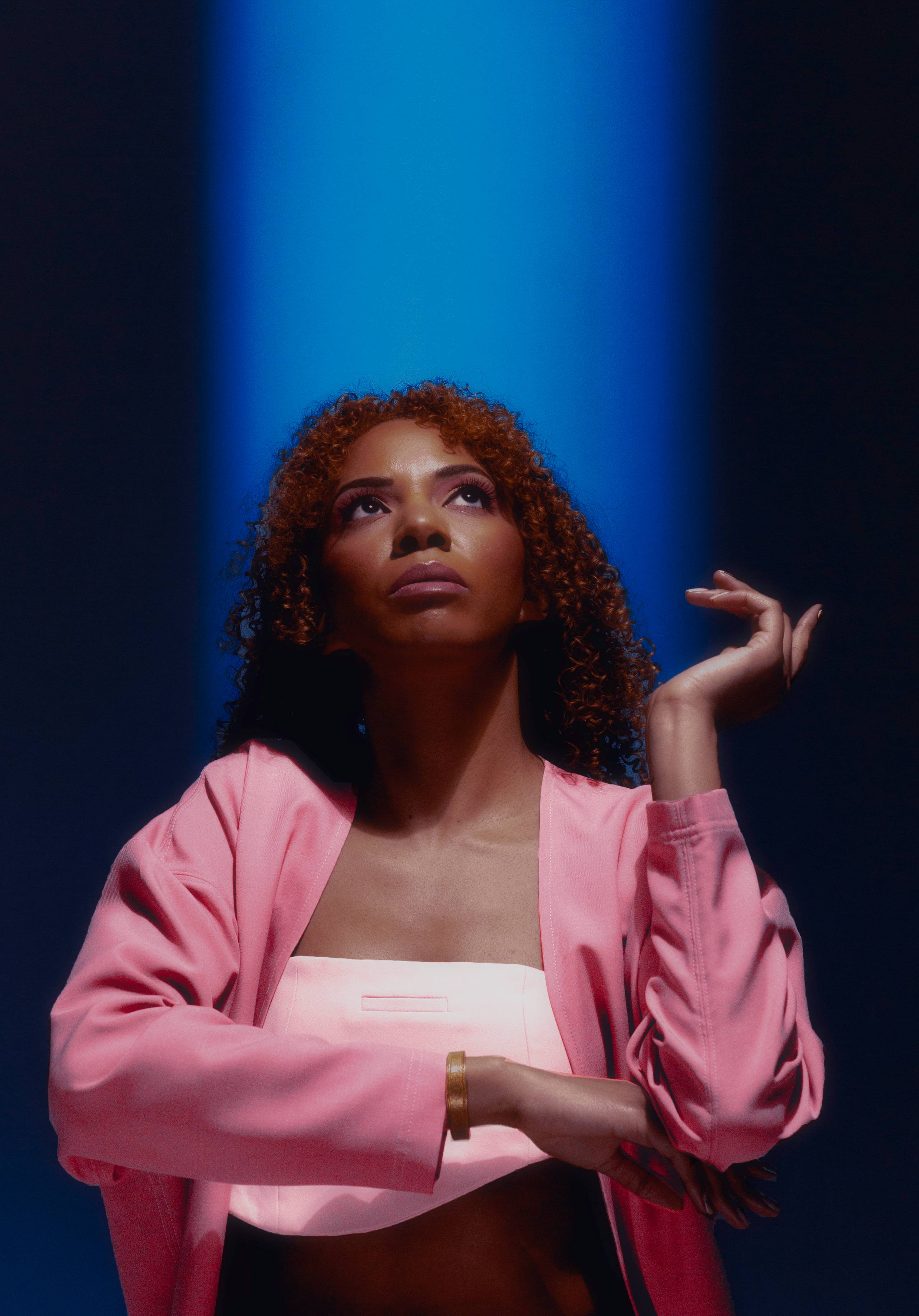
Can you take us back to your earliest musical memory? What first drew you to DJing and producing?
DJ Holographic: My earliest musical memory is probably being in the car with my family listening to the radio. Detroit radio back then was so diverse, and the radio hosts and DJs were always teaching us new music. Music was always present in my home, in the streets, in the culture - it wasn’t something you just listened to, it was something you lived inside of. Honestly, DJing was so natural to me that it felt as if I was always doing it before I even touched a turntable. I was already burning CDs for friends and making mixtapes by recording the radio mixes.
What role did Detroit play in shaping your musical identity?
DJ Holographic: Detroit shaped everything about me as an artist, and as a person. Detroit is a very spiritual place - I feel that I am tapped into the source of the creative divine. From Motown to funk, gospel to hip-hop, techno to house, even punk and rock, the city is like a spiritual library of rhythm and resilience. Detroit taught me that music isn’t just for entertainment - it’s for love, for storytelling, for liberation. It’s for healing your soul. Watching how the city innovated under pressure, and how people continued to create joy and community, even when resources were scarce, gave me my work ethic and fire. My sets are always rooted in Detroit’s energy - soulful but relentless, gritty but divine. Even when I’m playing in Berlin, Tokyo, or anywhere else in the world, I’m still carrying that Detroit pulse.
How do you prepare mentally and musically for a long DJ set?
DJ Holographic: For me, preparation begins with grounding myself mentally before I even touch my music or the decks. Touring can be chaotic, but I have little rituals - meditation, journaling, tarot. These remind me why I’m here: be present in love, to love everyone I meet. Musically, I curate crates that are both intentional and flexible. I never go into a night with a rigid plan - I want the room to flow with the energy of the crowd. But I make sure I have anchors: tracks that I feel will work with the energy of the season for each zodiac time. Every season has its own vibe, and I often create sets of songs around that. Before a marathon set, I also listen to some classics to remind myself why I fell in love with this music in the first place. That way, when I step into the booth, I’m not just a DJ - I’m fully present, fully charged, ready to guide the night into sunrise. My prep is spiritual and practical.
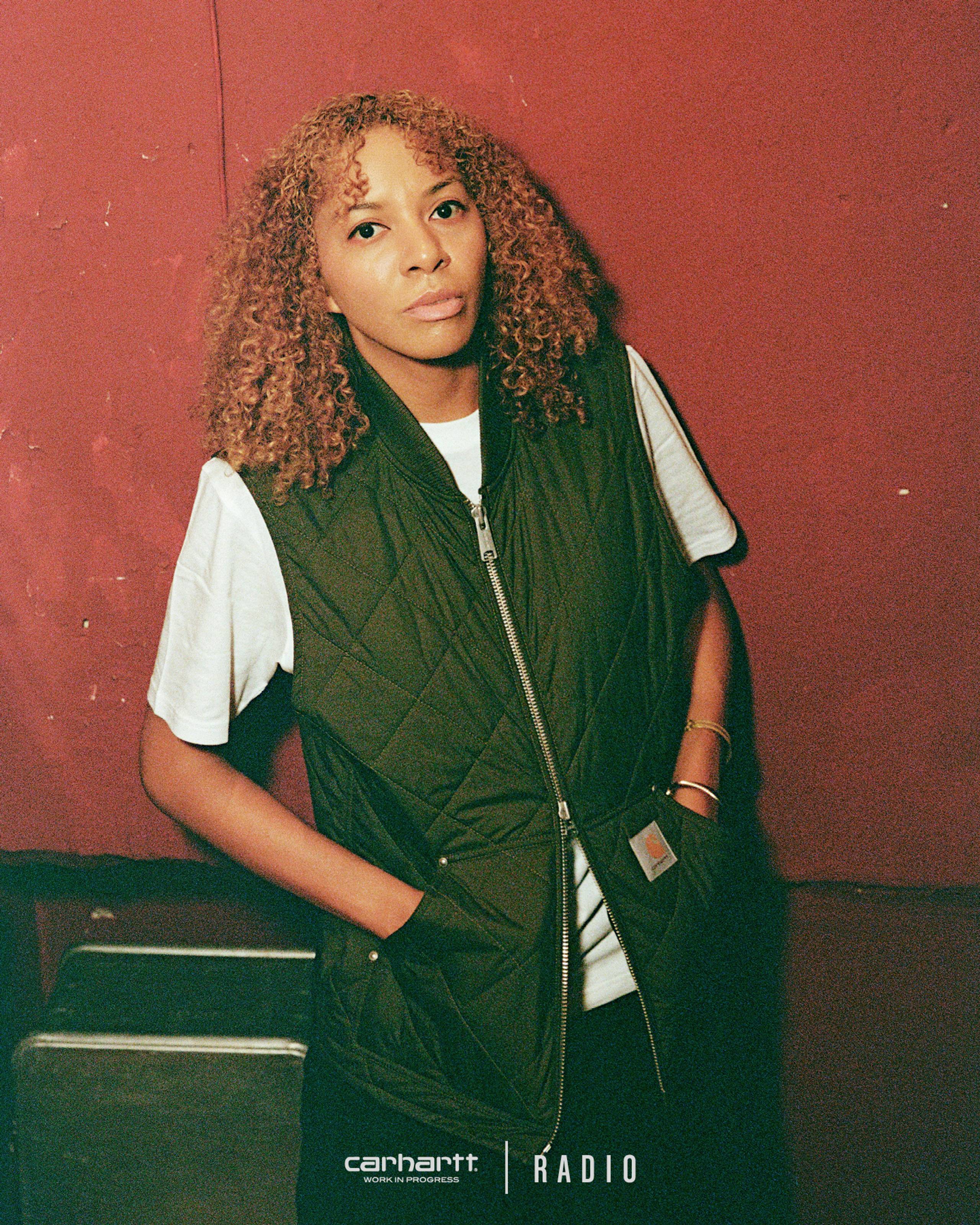
When I step into the booth, I’m not just a DJ - I’m fully present, fully charged, ready to guide the night into sunrise.
Detroit’s legacy spans from Motown to techno. How do you feel these worlds connect or speak to one another?
DJ Holographic: To me, Detroit has a tremendous musical legacy that people don’t even know about. Punk: A Band Called Death. Rock: Alice Cooper. Jazz: The Blue Bird. But the difference is that Motown and techno are chapters of the same book. Motown gave the world soul and melody; it gave us voices that healed and united. Techno gave the world rhythm and futurism, imagining new worlds through machines. But the connection is Detroit - a city that never stops innovating. Both Motown and techno were born from a desire to transcend limitations, to turn struggle into sound. When I play, I feel like I’m bridging those worlds - carrying the storytelling and soul of Motown with the urgency and forward-drive of techno. They’re not separate, they’re threads in the same Detroit tapestry.
How do you balance nostalgia for the roots of house/techno with pushing the genre forward?
DJ Holographic: Balancing nostalgia and progression is about respect and vision. I honor the roots - I dig deep into the archives, I play classics, I acknowledge the pioneers whose shoulders I stand on. But I also feel a responsibility to keep pushing, to not let this music get frozen in time. That means supporting new producers, experimenting with sounds, and taking risks in my sets and my own productions. It’s a space to celebrate history and to imagine the future simultaneously.
What’s your vision when you’re in the studio creating your own music?
DJ Holographic: When I’m in the studio, my vision is to create worlds. I think of music as architecture for the spirit - I’m building structures of sound where people can feel safe, liberated, connected. I want my tracks to feel healing or a way to process what your soul is telling you. At the end of the day, my vision is to make music that heals and transforms, the same way music has done for me my whole life.
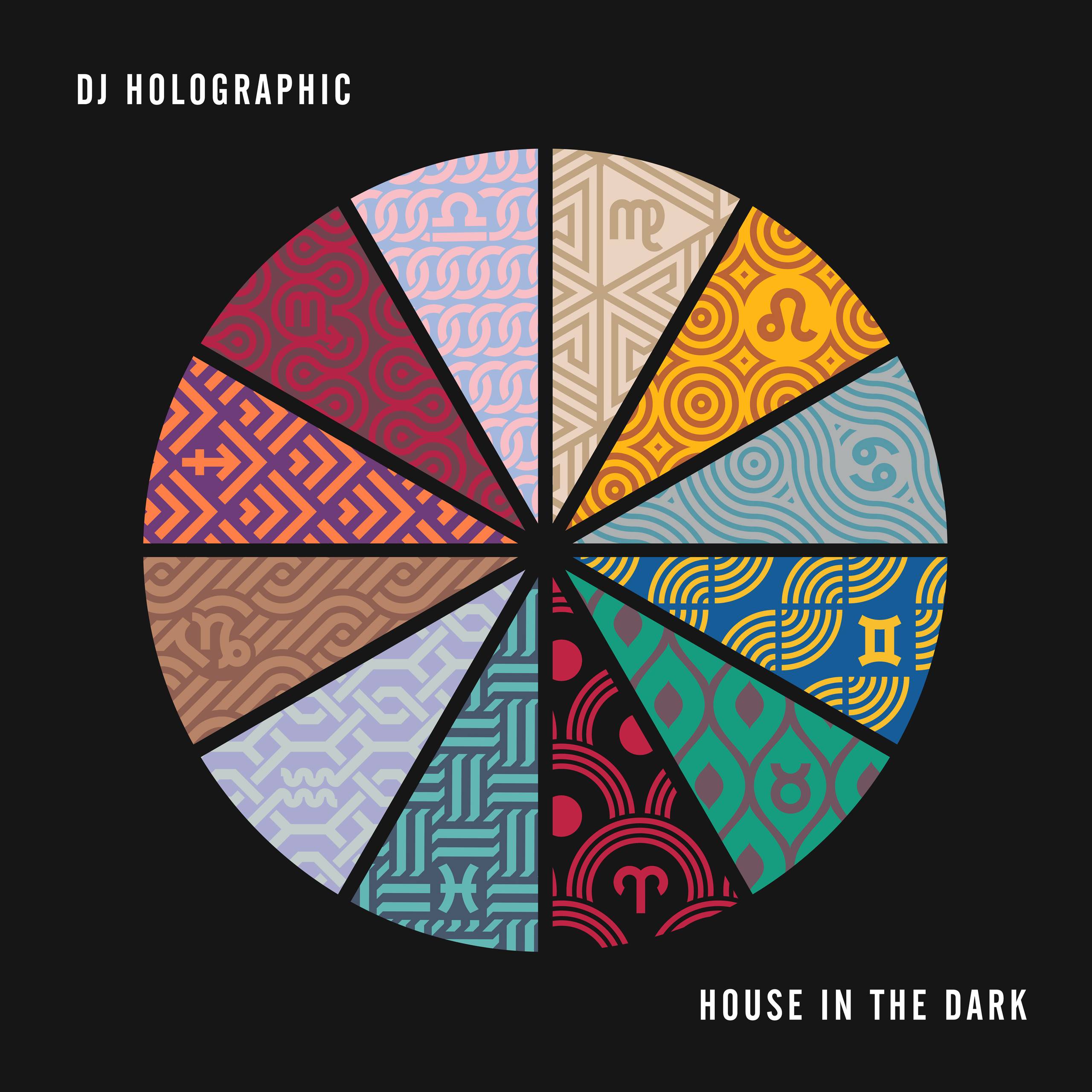
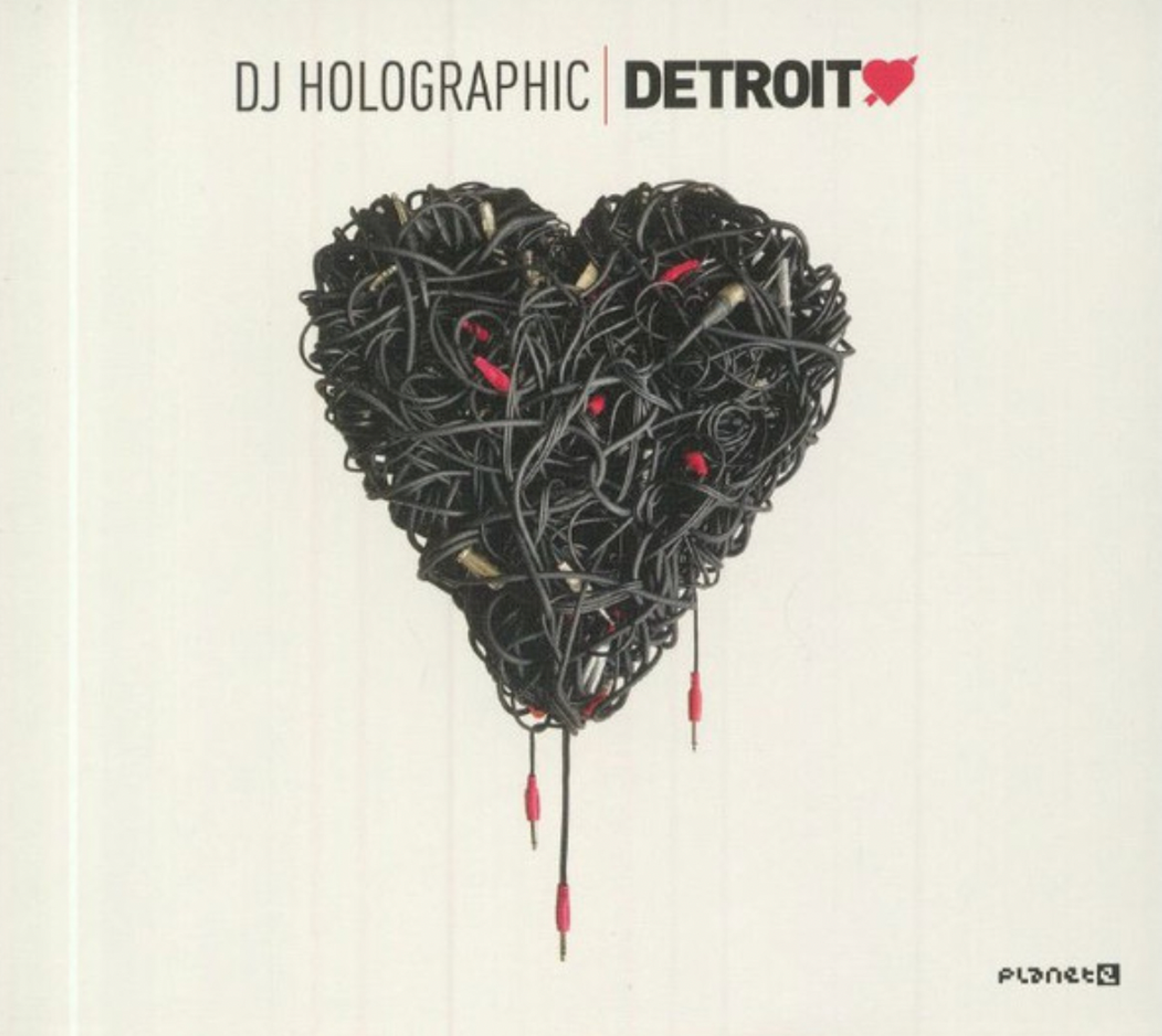
How do you carry Detroit’s legacy forward in your music?
DJ Holographic: Carrying Detroit’s legacy is both a privilege and a responsibility. I do it by being authentic - never diluting my sound. I weave soul, funk, gospel, and house into my sets and productions in ways that honor the past but speak to today. I also see it as carrying forward a spirit of resilience - showing that Detroit artists are innovators, leaders, and healers in this global scene. For me, it’s not about imitating what came before, but letting that spirit live inside my own voice and story.
Was there a moment when you realized that music wasn't just a passion, but your path?
DJ Holographic: I decided to take music theory classes in my mid-20s, returning to college to learn how to create music. I even took sound engineering classes, believing that I would set up sound for bands to earn extra money while figuring out how to make music, which was the lifestyle I had aimed for. However, what locked me into realizing that music was my path was when my professor told me that I would never make money in the music industry, would not be successful in it, and would be better off teaching it. I was shocked and a bit pissed because the mantra I had in my head after he said that was, “I’m fucking from Detroit, of course music is in my DNA, and I will succeed in music, it's all destined for me.”
When you think about the next few years, what are you most excited to create or accomplish?
DJ Holographic: I’m excited to create more narrative and storytelling about my music that will be passed down from generation to generation. For me, it's all about storytelling - how you feel to the world, and bringing them into your universe. I’m hoping this will bring like-minded souls together in a world that has been disconnected for so long.
What's the weirdest or most memorable gig you’ve ever played?
DJ Holographic: Touring with Moodymann and Carl Craig in Japan!
